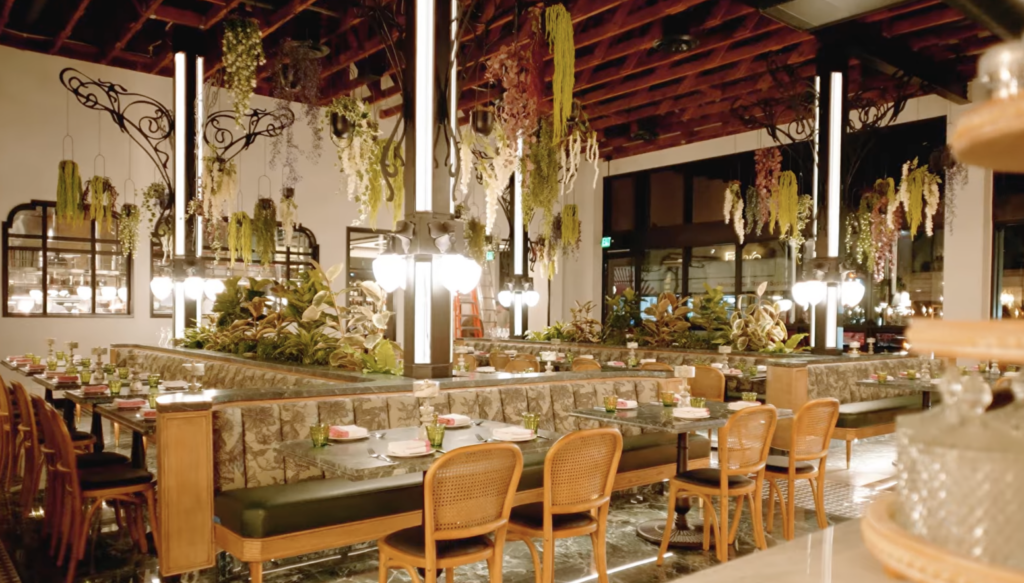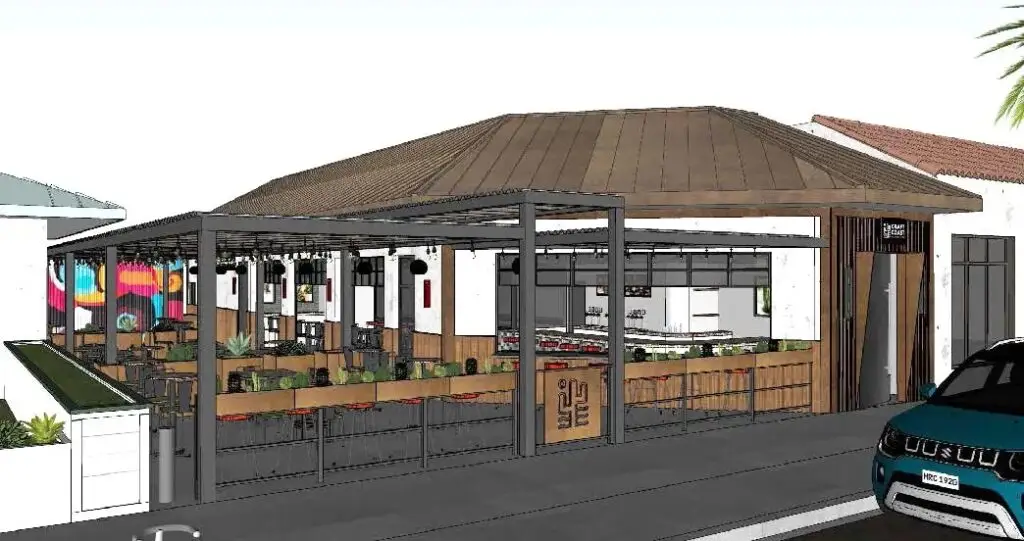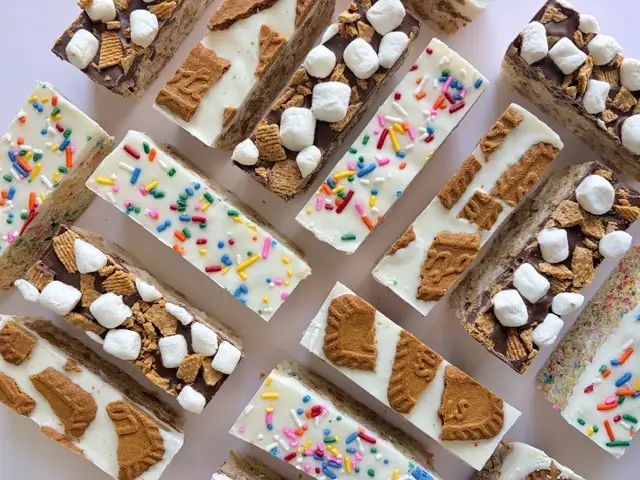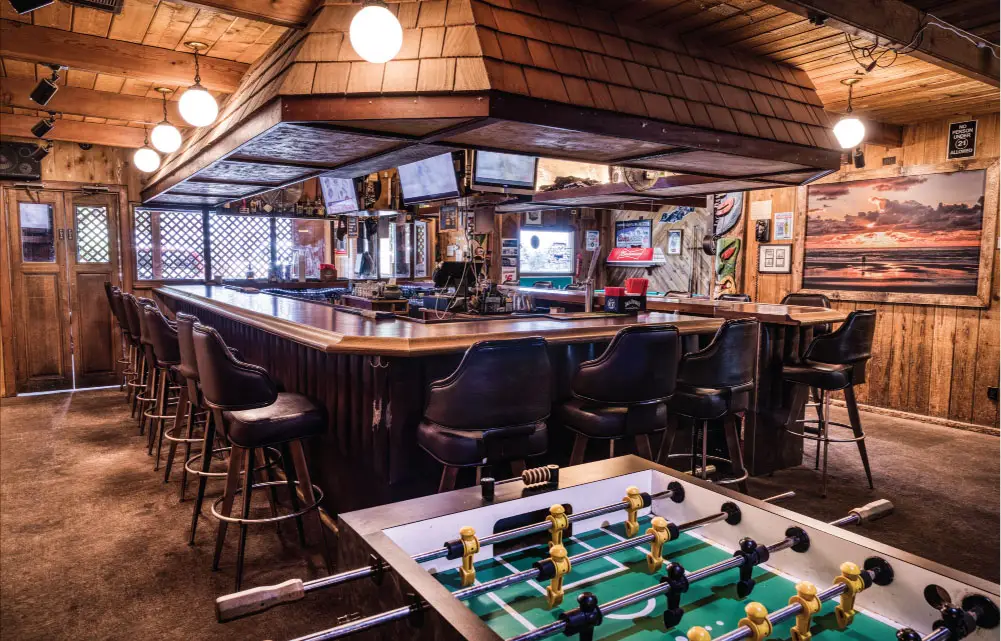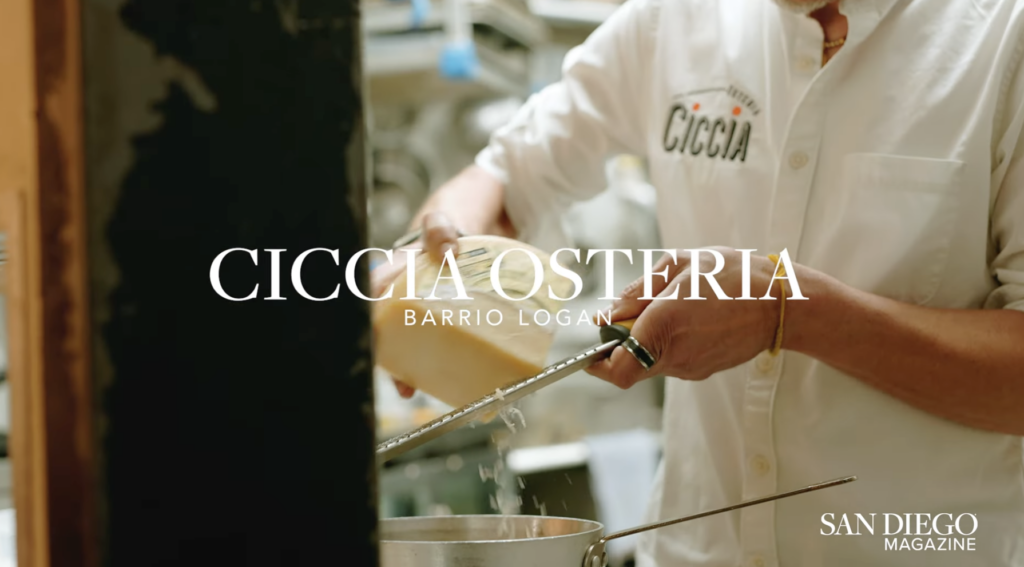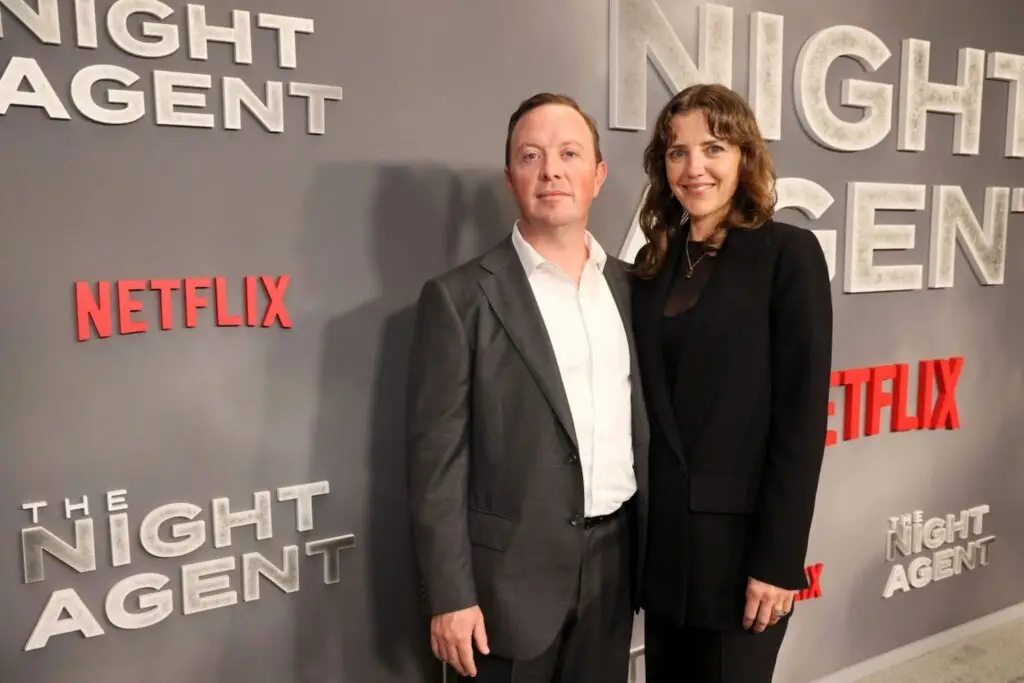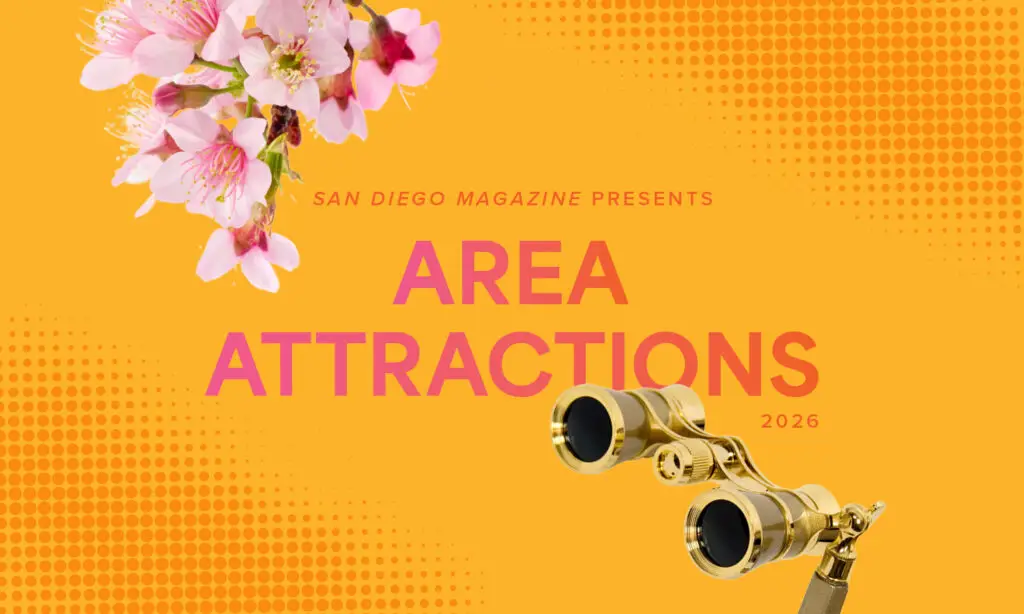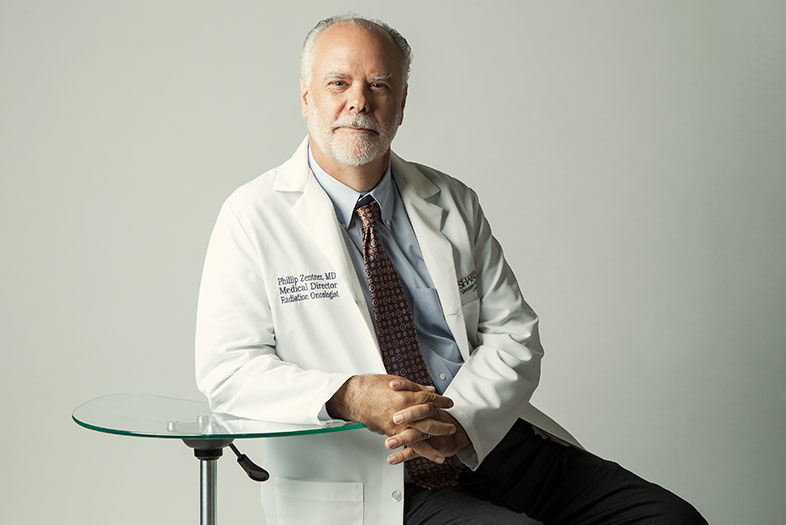I usually don’t tell people what I do for a living unless I have to. When they hear “oncologist,” they want to tell me their own story about relatives or someone they know. I’ve had family members with cancer, but that was after I started down this path. In college, I took an introduction-to-cancer class and found the intellectual side of it fascinating.
By the time I see patients, they already suspect something is wrong because they’ve had a biopsy. Or they might know they have cancer but haven’t been told the details. Some doctors are really challenged by those conversations. From my perspective, the key is to be honest and upfront about what we do and don’t know.
I lean into those situations. That’s what the patient needs the most. I lean into those sharp edges. I help them through that process. If I backed away, everything would be lost in the middle.
I learned this right out of my residency, treating a patient who was dying whose wife was really upset. In that moment I became aware of how important the family is, and how important it is to communicate to them where we are in terms of treatment. It’s not just the patient who has cancer. It’s the whole family.
We create a safe environment for people who come in with fear and anxiety, making sure they are heard and their questions are answered. I want to bring them to a place of empowerment and help them through the process, independent of the outcome.
In 2014, I attended a yearlong program at UCLA’s Mindful Awareness Research Center. I’ve taught mindfulness classes to staff and patients, on how to transform stressful emotions into positive actions. Mindfulness can also help with fatigue, which sometimes bothers patients more than pain and nausea.
Are there skeptics? Yes. But I’m not selling anything. It’s just something I offer. The biggest impact is who I am as a person when I show up.
I have a very strong meditation practice. I started at 13. I do yoga and a meditative dance practice called 5Rhythms. It’s a way to put emotions into movement, and it brings all the stress out of the body, which has been invaluable because I can meet each situation as it is.
The practice of oncology is very humbling. There are times when I think for sure I’ve cured the patient but six months later they’re dying. It can be emotionally demanding or challenging in cases where there’s no hope; I’d love to cure them, and I can’t. But I never fear going into sadness or grief. I meet it face to face.
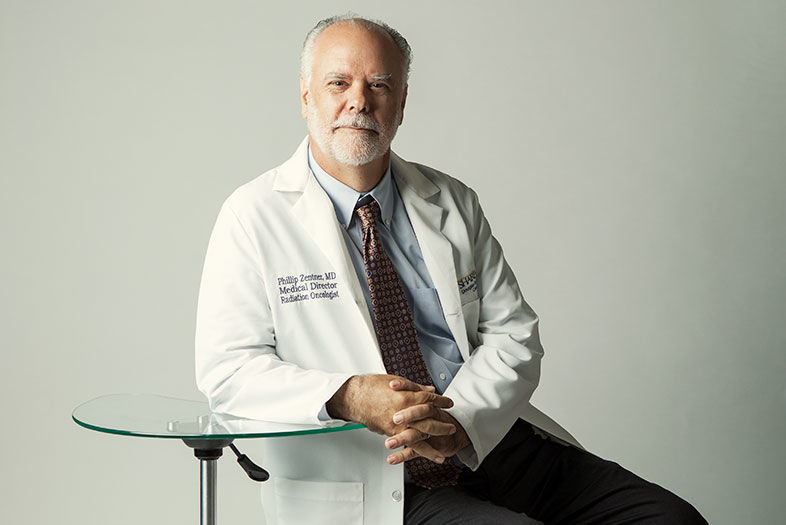
A Radiation Oncologist on the Mindful Approach to Medicine
PARTNER CONTENT
Photo by Priscilla Iezzi
